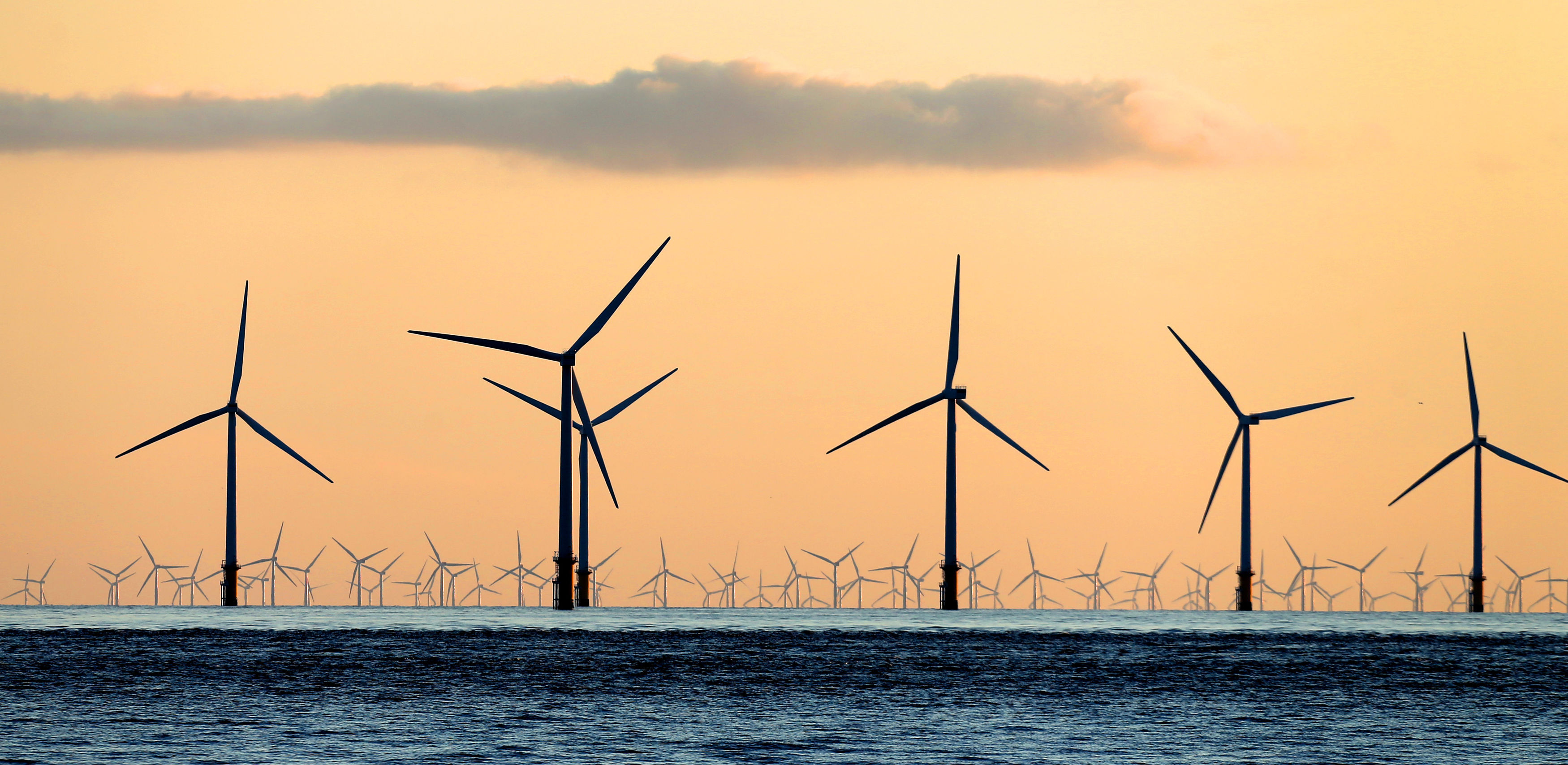
Joanna Lumley: WW2 Bomb Detonation 'Crazy' And Harmful To Sealife

Joanna Lumley is calling for Second World War ordnance found in British waters to be disposed of in a different way, in order to protect sea life.
The activist and actor has teamed up with marine conservation charities to call for a change in practices carried out during the disposal of munitions discovered during wind farm construction.
Ms Lumley is calling for wartime ordnance to be burned out rather than detonated.
It is currently believed that around 100,000 tonnes of explosives are left in the UK's seas, with some weighing as much as half a tonne.
Many of these munitions need to be cleared for safe construction of wind farms.
Labelling the "blow it up" approach as "completely nuts", Ms Lumley called for the devices to be burned out instead, using a technique called 'low order deflagration'.
She has worked with Marine Connection, the World Cetacean Alliance, and Advocating Wild to launch the Stop Sea Blasts campaign.
"It's crazy to me that wind farm developers, aided by Government regulations that are far too relaxed, are able to just blow up bombs that are left over from the Second World War," Ms Lumley said.
"Of course, we need to be finding new ways of getting our energy, such as offshore wind power – I fully support that.
"It just seems completely nuts to me that we are allowing these giant explosions to cause considerable harm to some of our most precious whale and dolphin species when there is a viable alternative available, and a British-inspired one too."
In 2011 in the Kyle of Durness in Scotland, 39 long-finned pilot whales became stranded in the bay, with 19 of them eventually dying.
A subsequent Government report found that nearby bomb disposal operations in the days leading up to the deaths were "the only external event with the potential to cause" the whale strandings.

Marine Connection co-founder Liz Sandeman said: "To date, detonating large ordnance in the marine environment has been a necessary method in attempts to build offshore wind capacity that will enable us to reduce our carbon footprint.
"But the concern is, detonating 500kg explosives has far more serious consequences that cannot be fully mitigated, including auditory damage to marine mammals.
"For whales and dolphins, the conventional ammunition removal by blasting is a particular hazard as it can cause severe physical injury, hearing loss or death, either direct or indirect from the initial blast wave," she added.
"Less harmful, evidence-based alternatives are available, and Government regulators and wind farm developers should immediately take notice."
The Government said it recognises the impact detonations can have on vulnerable marine species and is working to reduce underwater noise but "must ensure any clearance method used is both safe and effective".
The method of "burning" the ordnance is not shown to be 100% safe or effective, the Government believes.
Last week, research was launched to develop technology to ensure that future offshore wind farms do not interfere with radar, following £2m of Government investment..
The innovation contracts are part of the Ministry of Defence's contribution to the Government’s 2019 Offshore Wind Sector Deal which aims for wind power to fuel 30% of the UK’s electricity energy needs by 2030.
Cover image: PA.









